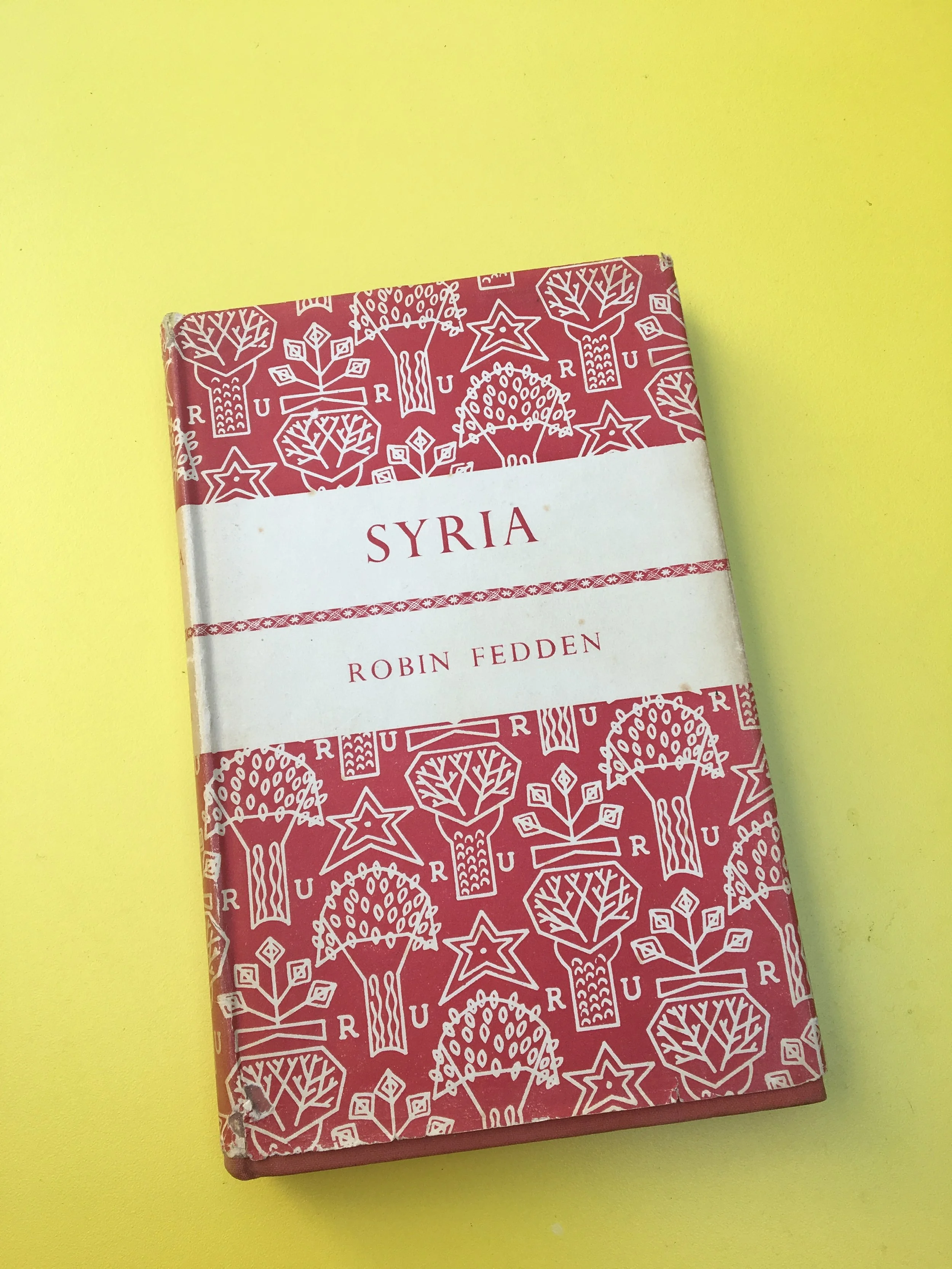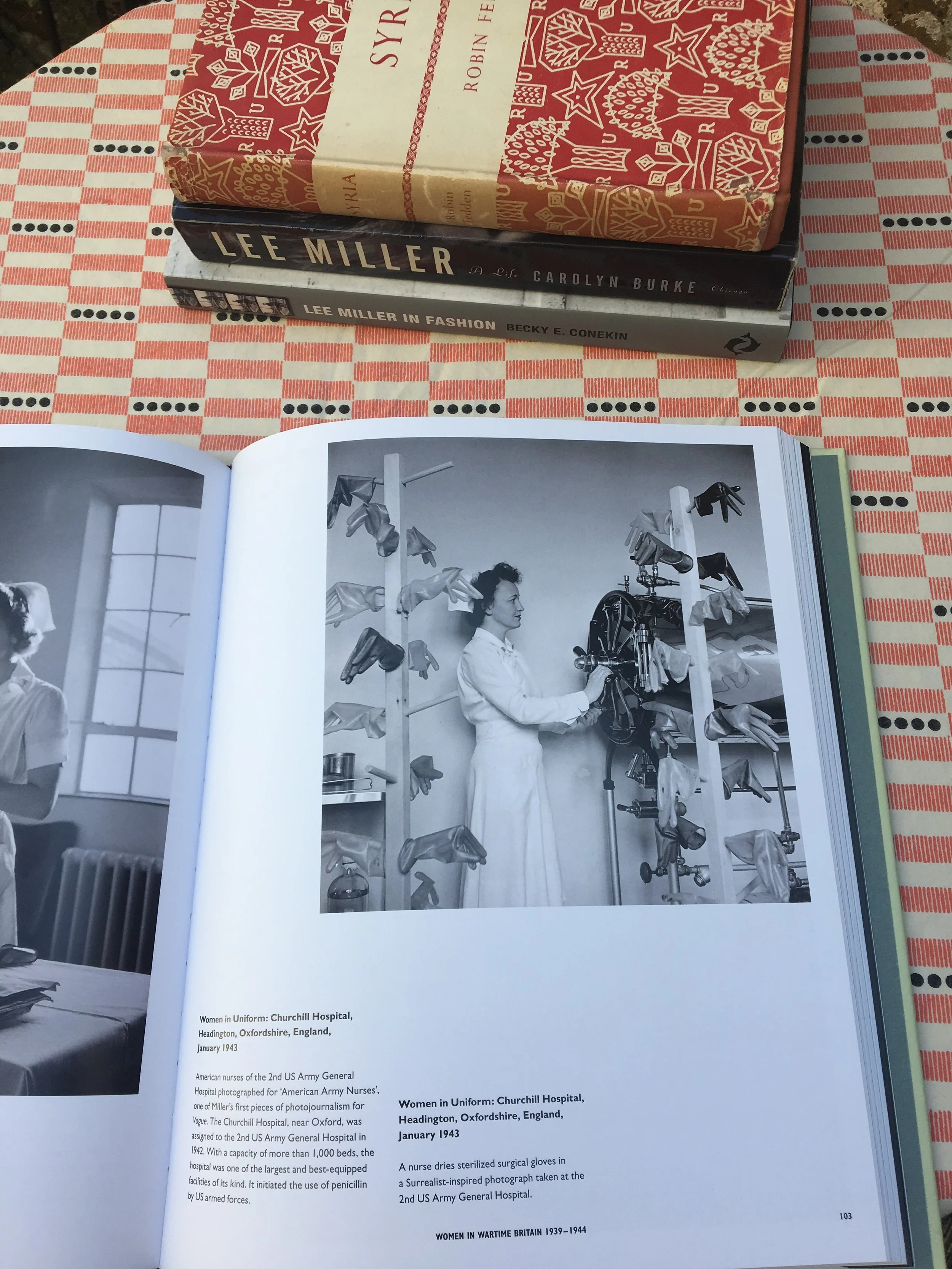Unconventional Mentor no. 1 - Lee Miller
“Other people tend to value you the way you value yourself” - Lee Miller
Poster for the 2007 exhibition The Art of Lee Miller at The V&A
I first found Lee Miller in 2007 when I read an article about her photographs being discovered and an exhibition of her work put on at the V&A in London. Looking at her work now, and how well known she was during her lifetime (she was featured regularly in Vogue, and was one of the first women to report from the front line during the second world war and she even photographed Hitler’s apartment) it’s hard to believe that her work lost all recognition and even her son didn’t know the extent of her work until all her negatives and photographic equipment were found after her death in the 1980s. Since my first discovery I have been fascinated with Lee Miller, getting to know more about her through reading biographies about her, attending exhibitions of her photographs and visiting her Sussex home Farley’s Farm House.
Born in America in 1907, Lee first became a model for Vogue, before moving to Europe where she studied photography with Man Ray and met many of the great artists of her time. She was friends with Picasso and Jean Cocteau included her in one of his films. She set up her own photographic studio in New York before getting married to an Egyptian man Aziz Eloui Bey and moving to Cairo. Whilst there she continued to take photographs, including visiting Syria where she took pictures that were used in this book by Robin Fedden that I quite by chance picked up in a charity shop not knowing her work was featured.
Syria by Robin Fedden featuring photography from Lee Miller
At the outbreak of the second world war Lee had left her husband and was living in London with Roland Penrose when she became the war photographer for Vogue. I went to the exhibition “Lee Miller A Woman’s War” at the Imperial War Museum in 2016. It was a fascinating mix of surrealist style photography and images capturing the horror and destruction of war.
Some of my books about Lee Miller
After the war Lee moved to Farley’s in Sussex with Roland Penrose where she lived for the rest of her life. Her house is now home to her archive and is run by her family today.
Each time I learn something new about Lee Miller I am amazed at how many different sides to her there were and just how much she threw herself into each new project, passion or chapter in her life, and left her previous life behind. Last year I visited Farley’s for a talk by her granddaughter about Lee’s love of cooking and the publication of the cook book she didn’t quite get to publish in her lifetime. Cooking became a passion of hers in later life and she made it a huge part of her life, amassing a collection of over 200 cookbooks, entering competitions, going on cookery-based trips and featuring in magazines.
Last weekend I was lucky enough to attend a surrealist jazz picnic at her house. It was such a fun evening, with some amazing fancy dress outfits and of course I made some Lee Miller inspired picnic food.
Surrealist picnic at Farley's Farm House
I even got to meet her son Anthony who was our host for the evening. I love that her legacy lives on at Farley’s and if you have a chance to visit I would definitely recommend it.
Meeting Anthony Penrose wearing "Lee's Lips" inspired by the Man Ray painting Observatory Time - The Lovers
Mentor advice: You can change your mind about how who you want to be
The advice I take from Lee Miller is that you can change your mind about who you want to be. The quote I chose for this post “other people tend to value you the way you value yourself” is at the heart of the advice that I take from Lee Miller, and also this project. It is so easy to get hung up about what other people think about you, or what the right thing to do is, that you can forget that you need to do what is right for you. No-one else is going to put you first if you don’t even put yourself first. If you know your own self-worth, if you value yourself then the choices you make in life will always be right for you.
What I love most about Lee Miller is how she changed and evolved and wasn’t afraid to let go of something in its entirety to embrace something new and I think that must have come from her wanting to make decisions what were right for her. She found value in each new venture and was able to make each one a success in its own right. This is something that I find particularly hard to do in my career, being able to let go of a project or role to move on to something new. It’s part not wanting to feel I wasted my time on something and part wanting every decision to make sense and hang together. That I need to build on my previous achievements and they have to directly follow on from one another.
What Lee Miller shows me is that you can start something new again and again and it be as valuable and successful as something you have continuously worked on. Not everything has to connect and if you want to do something completely different that is ok to. It doesn’t mean that the things you did before were wrong, they just aren’t serving you anymore.
For more information about Lee Miller, to see her work or to visit her house visit http://www.leemiller.co.uk/ and https://www.farleyshouseandgallery.co.uk/




